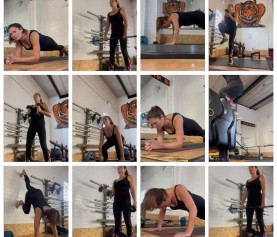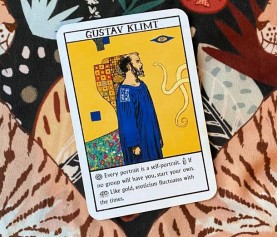The Questions You Ask Me
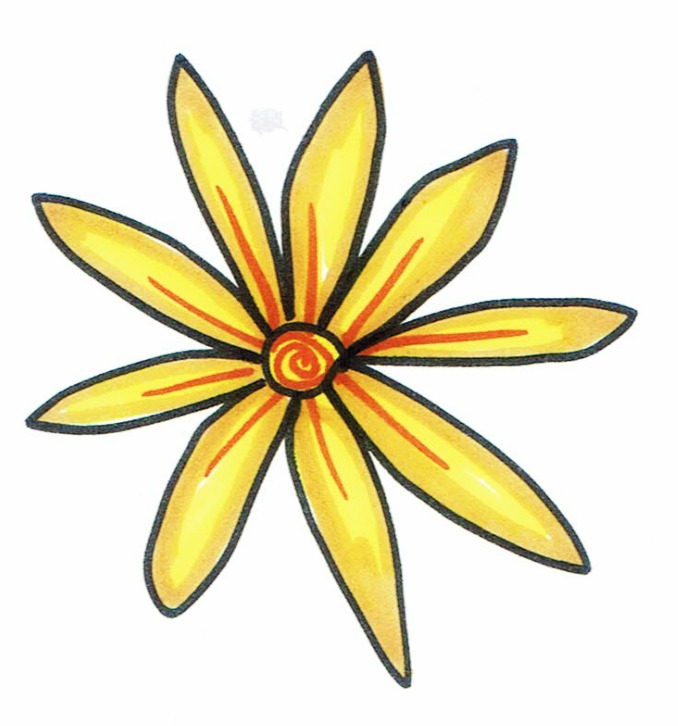
My beautiful youngest offspring is a wonderful companion.
However, he has taken to making enquiries.
“Mum, do you think I’m going to look left or right?”
“Left.”
“No, right.”
“Mum, who would win a fight between a woodlouse and a blueberry?”
“Blueberry.”
“No. Woodlouse.”
“Mum, what does Daddy love best?”
“Food and chefs.”
“No, he loves cooking.”
Questions are abstract at best, inane at worst and there’s also a painful middle ground that requires unnecessary brain power to pick apart.
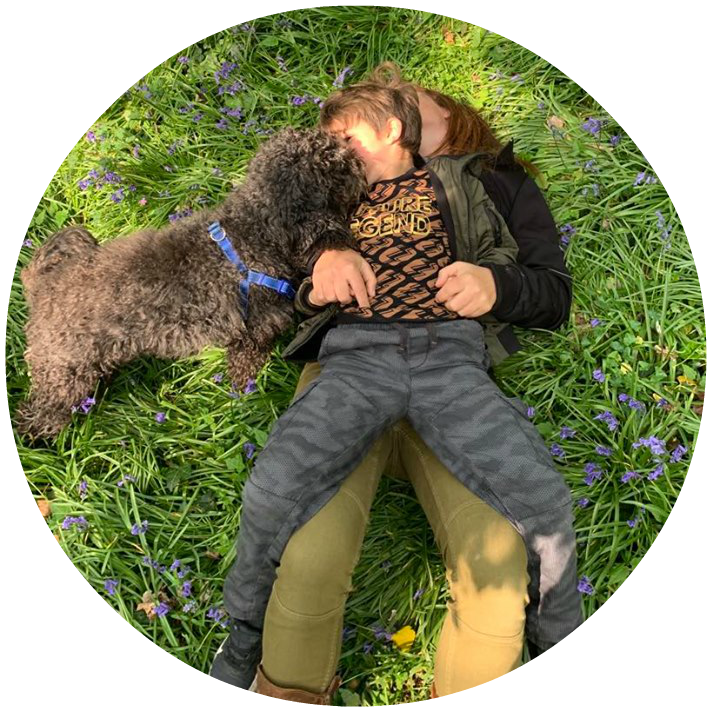
Reid likes to time his enquiries to the minute I’m pulling out of a dangerous junction in the car,
or when he’s on a bike ride and I’m running along side him,
hyper vigilant for speeding boy racers on blind bends,
or when I’m so tired I am crawling through the house on my hands and knees, dribbling.
“Mum. If the wind and the sea had a fight, who would win?”
Barely able to open eyelids: “I don’t know.”
“But Mum, just guess!”
“The sea.”
“No. It would be the wind. Or a volcano.”
Me, frowning through slitty eyes: “Volcano? You didn’t mention any volcano!”
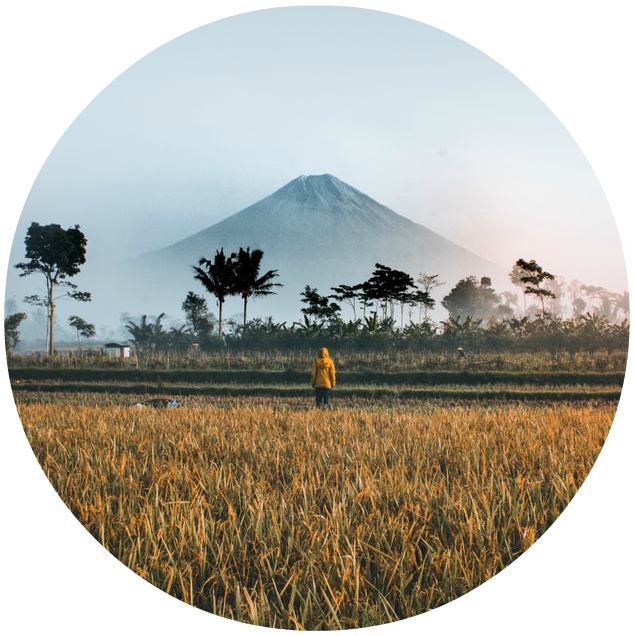
It reached peak-point in a cafe about three days ago.
The weather was hot. Blisteringly hot.
I was shattered. Again.
Was eating cake for quick sugar and carbs hit.
“Mum, if you had the smallest volcano in the world and the power of water, which would be strongest?”
I stopped chewing, mid-cake.
Reid picked up crumbs with his fingers. “Mum?”
Swallowed mouthful and turned to him.
Enough was finally enough.
“Reid,” I said. “Your questions don’t make sense.
You’re asking these BIG questions about the science of force, but your questions haven’t been thought out properly.
A blueberry and woodlouse can’t fight, because one is inanimate and the other is a non-violent crustacean.
And you’ve now, once again asked me whether a volcano would beat water like it’s a superhero power battle. But you’ve not even specified whether that water is a tidal wave, a glass of water or the spit that just flew out of my mouth and hit your cheek.”
Reid looked a bit stunned.
“But once you’ve decided on what sort of water force you’re talking about, here is your answer. Are you listening?”
He nodded.
“Okay.
FIRST. Go and find out what the scale is that measures volcanos. Incidentally it’s the VEI, which works similarly to the Richter scale.
SECOND. Now find out what the most powerful explosion of a volcano has ever been measured. (On April 10th 1815, Tambora produced the largest known eruption on the planet in the last 10,000 years. The volcano erupted more than 50 cubic kilometres of magma and afterwards collapsed to form a 6km wide and 1250 metre deep calera – which I’m guessing is a rather large pot hole).
THIRD: Decide what water force you are comparing this to.
FORTH. Once you’ve decided what your water competitor is, find out the scale with which water force is measured and then make a calculation to see what the comparison is between the water force and the volcanic eruption force, then presumably you’ll have all the data you need in order to work out who wins the fight.”

Reid licked his fingers. “Cool.”
I sipped my tea. Ignored old couple on nearby table gawping at us like we’re a weird family. Then added. “Oh and Reid. There’s a major moral to this whole story.”
“Is there?”
“Yes. The moral is …, you gotta’ ask good questions. If you genuinely want to find the clever answers, you have the clever questions well.”
“But I like asking crazy questions.”
“And that is why, after 5 months of 24/7 parenting, your mother is now unhinged.”
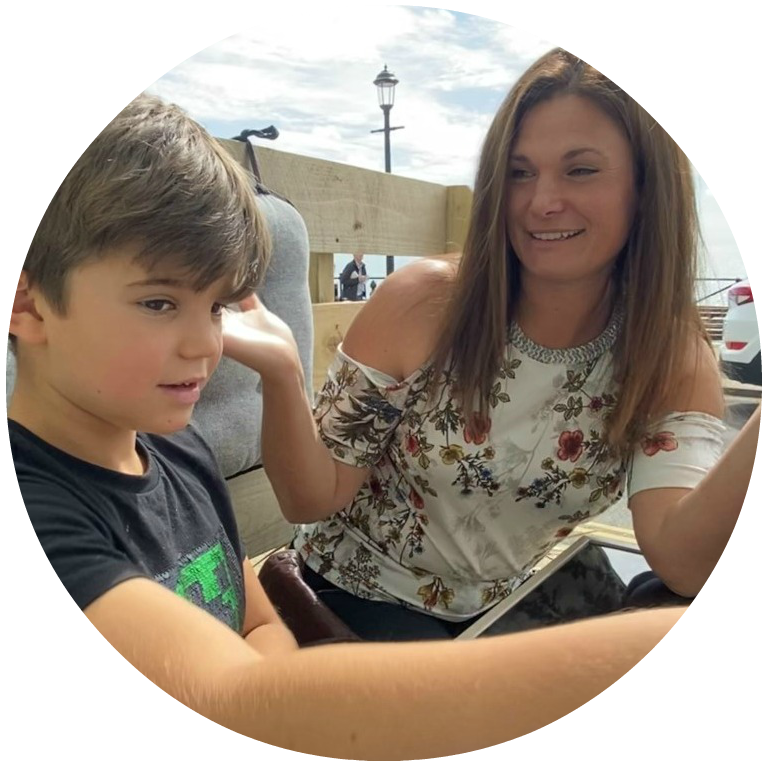
So, the question is, why am I sharing this story with you?
Well, because the convo with Reid REMINDED me about the incredible potency of asking the right questions.
If you think about it, the success of the human species is often put down to our ability to make tools. We sussed out how to make a needle meaning our furs didn’t fall off and this freed up our hands to hunt and gather. We worked out how to make fire. We carved arrow heads and axe heads from flint. We utilised the material world to support our needs.
But before we even came up with the idea of how to make tools, we first had to hit on the right question.
How can I keep my furs on?
What do I have around me that will create a spark and light a fire?
Where do I need to go to hunt – and what do I have that will make this hunt a bit easier?
Questions are literally the ultimate tool of the human brain.
When we ask the right questions, our clever little human thoughts nip off to bring us back the answers we’re looking for. They jump down rabbit holes, search the internet, make lists, chew pencils, have apples fall on their heads and eventually shout Eureka.
They search for the answers we are looking for and then we can act on those answers.
In the same way though, if we’re asking negative questions, those are the answers that will come back.
For example:
Why did Covid-19 have to happen this year, just when I was about to do X, Y and Z?
Possible answers: You’re unlucky, bad karma, the world is screwed, you never get the stuff you want … etc.
Why do bad things always happen to me?
Possible answers: You stole chocolate from the the corner shop when you were eight, you had a bad childhood, your mum didn’t love you enough … and so on.
What did I do to deserve this?
Possible answers: Your unworthy, bad, wrong and generally a piece of dirt on the shoe of life.
How can people be this cruel / stupid / dumb?
Possible answers: Because they’re northern, southern, lefties, righties, women, men, non gender specific, posh, poor, deluded, uneducated, snowflakes, arseholes, ignorant, up themselves … and so on.
Still questions, but the answers they move us to psychologically are very different.
In a minute, after I’ve published this post, I’m heading off to meet two travel writers of national papers who have kindly agreed to meet me for lunch so I can ask them some questions about how I can explore becoming a travel writing. They’ve already explained that it’s a hard industry; tough to penetrate and with lots of obstacles that make it challenging along the way – and that was before Covid-19 shut the world down.
But, instead of thinking, “ah, well, how am I ever going to succeed in this field?”, their warnings have simply made me redesign the questions I plan to ask:
Based on what you’ve told me, how can I position myself as best I can this year so that once travel opens up, I’m ready to move into this field of writing?
What angle would give me the edge in a noisy, flooded industry?
How did you make it … and what are some of the ways that I can mirror that?
So, you see, whilst 5 months of answering Reid’s crazy questions has indeed had its challenges, I’m now weirdly grateful to him for reminding me that asking questions is the best way we have of carving out pathways, moving forward and creating life experiences that will delight us.
We are still human cave people.
With powerful noggins.
Wherever we are, whatever we’re facing, the tools for change are literally inside us.
We can find the good answers.
I invite you to think about something you want to do in your life or an obstacle that you are needing to overcome and think about some new, upgraded questions that you could apply to the thing.
What answers do you need to move you forward?
Now, what questions will you need to ask?


